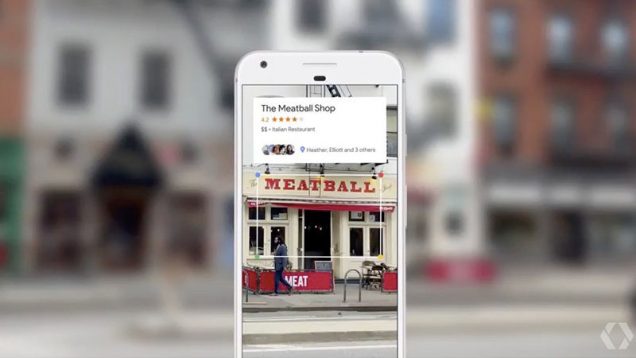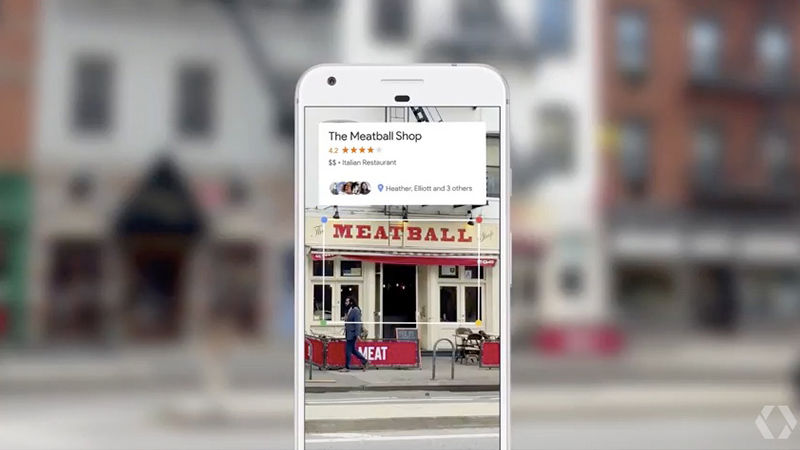The second major developer conference is here: it’s Google I/O, held in Mountain View, California (where the tech giant is based). And maybe this is the year Google’s future was announced: we will find out in a few years whether or not actual facts will follow these announcements.
Google’s focus is shifting from search and mobile to a big gamble on artificial intelligence. We do not yet know what consequences will be, but there are AI additions in all the products and news announced yesterday. Let’s see the most relevant ones.
Google Lens
Almost a visual search, whose results are enhanced by Google Assistant, which is Google’s artificial intelligence. If you point the phone camera to an object, you can get dozens of information about this object, restaurant, monument, movie poster. Features are open to developers via APIs: new features can be added over time.
Android Go
It’s an Android version designed for devices with poor hardware resources, say Google I/O: for example, phones with 1GB of RAM or less. A bit like Windows 10 S.
Google Home and phone calls
It is the device that can be placed in our homes and perform a whole series of tasks for us, thanks to voice commands. Soon you will be able to make phone calls. The confidentiality of these calls will be rather poor, as if you talk to a speakerphone.
Google Assistant for iOS
Get Google’s Virtual Assistant on Apple’s phone. You’ll be able to make phone calls, send messages, send emails, make it do many of the things that Siri already does on the iPhone. (For the time being, only in the United States.)
And lastly, a privacy warning
Google’s artificial intelligence works well; sometimes it works incredibly well, which is somehow terrifying (as if our phone had anticipated us). But to do so, it needs to access to, roughly, all of our data: contacts, messages, trips, emails, browsing history, everything. The impact on privacy can be devastating, not only in the event of a security breach but because Google resells our anonymized data to advertisers. The artificial intelligence behind Siri, Apple’s virtual assistant, works in a much more respectful way to users privacy; thus it may sometimes seem less performing. Remember it when it comes to installing these updates.


